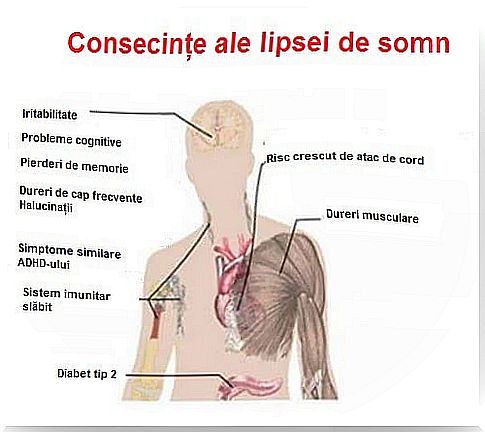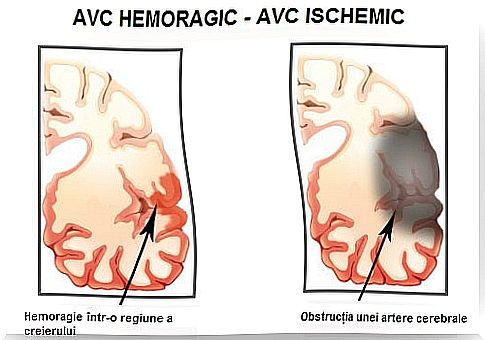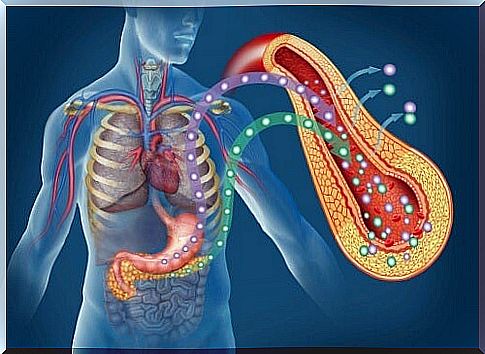Lack Of Sleep Has Serious Health Consequences

Most of us have suffered at some point in our lives due to insufficient sleep. A bad or too short sleep makes us harder to concentrate, to be clumsy, sleepy and mentally tired. In addition, the signs of a sleepless night are seen on the face the next morning. But, most people do not know that lack of sleep can have a number of serious long-term consequences.
Studies on lack of sleep
According to the World Health Organization (WHO), a normal person should sleep between 7 and 8 hours a night. This way you will maintain an optimal physical, emotional and mental health. Work, lifestyle and technology have led to a decrease in the number of hours slept per night . More and more people are complaining about poor sleep quality.
A study conducted at the University of Texas found that people who do not sleep the minimum recommended number of hours per night have genetic changes. These can lead to serious health problems such as obesity, heart disease, memory loss and more. If you are a person who sleeps 6 hours or less a night, you should definitely be aware of the serious risks you are exposed to.
Increased risk of stroke

A study conducted at the Mayo Clinic in the United States found that people who do not sleep well have an increased risk of stroke. Adults who sleep 6 hours or less a night are up to 4 times more likely to be at risk of stroke.
Risk of obesity
People who fall asleep poorly or rest less than 6 hours a night usually feel the need to eat high-calorie foods. Lack of sleep causes them to suffer a series of hormonal changes that, in turn, affect their appetite.
In addition, lack of rest can create long-term problems, such as obesity. According to several studies, lack of sleep causes significant changes in the levels of ghrelin and leptin, hormones responsible for regulating appetite.
Increased risk of diabetes

The Centers for Disease Control has shown that poor sleep is associated with an increased risk of developing chronic diseases, such as type I diabetes . It seems that people who have trouble sleeping are also less sensitive to insulin.
Memory loss
It’s no secret that lack of sleep makes you more forgetful and decreases your ability to concentrate. However, most people do not know that, in the long run, lack of sleep creates serious cognitive problems.
A sleepless night can destroy brain cells. This is because when we fail to sleep, the amount of blood in our brain cells increases, which affects their functioning. A study at the University of California found that lack of sleep leads to “brain damage.”
Increased risk of catching colds

Carnegie Mellon University has indicated that insufficient sleep deprivation weakens the immune system. This increases the risk of getting the flu or cold.
Heart disease
When you do not get enough sleep, your body produces more chemicals and hormones that can lead to heart disease. This is the conclusion of a study published in the European Journal of the Heart. People who sleep less than 6 hours a night are up to 48% more likely to develop heart disease than those who get enough rest.
Also, a study in the Harvard Health Publications claims that lack of sleep is associated with high blood pressure, clogged arteries and heart failure.
Possible increased risk of cancer

Research conducted by the American Cancer Study has shown that lack of sleep may be associated with the risk of breast or colon cancer. This study was performed on 1,240 people. People who sleep less than 6 hours a night are twice as likely to develop intestinal polyps. They can become malignant in the long run.









